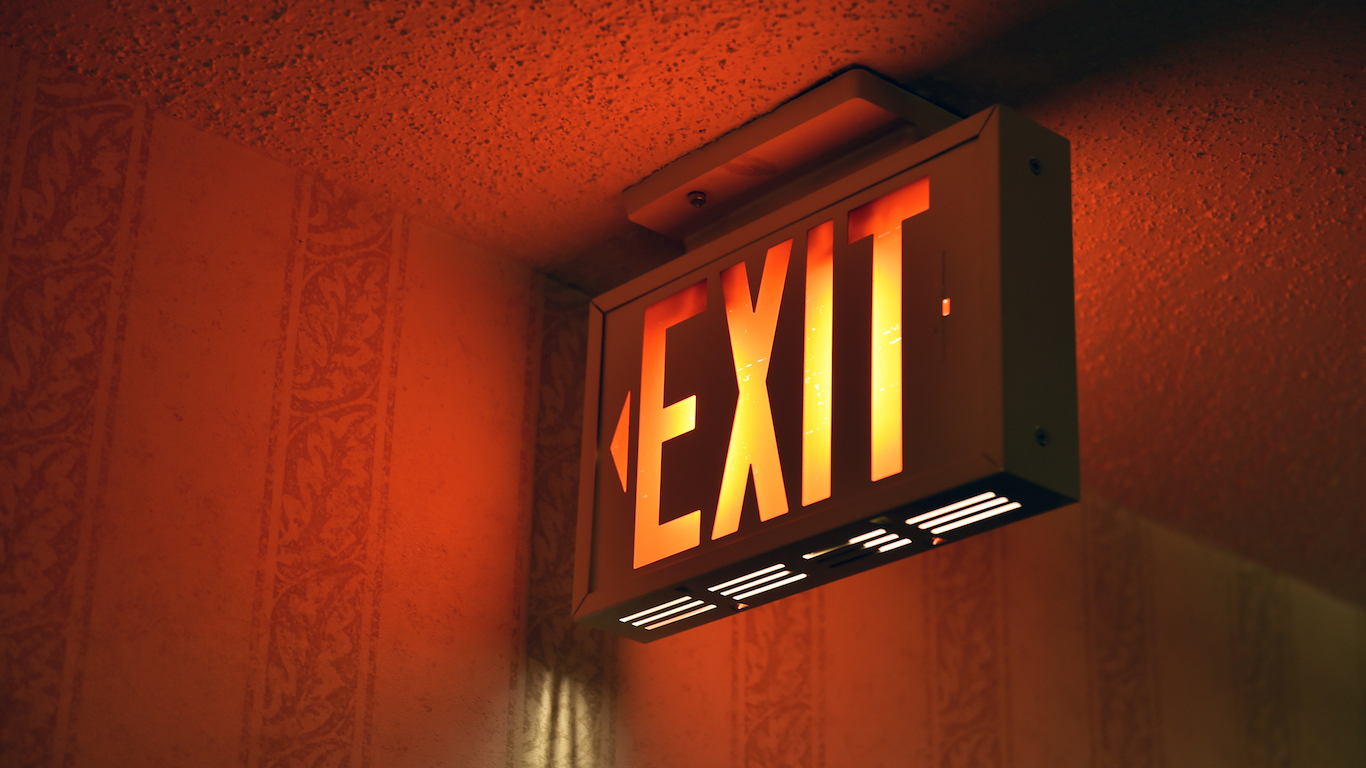

One beneficiary of the stay-at-home and work-from-home economy in the COVID-19 recession has been the legalized marijuana industry. It might have been a surprise at first, but anything geared toward not having to be done in large groups is considered part of the new economy in the age of the pandemic.
Aurora Cannabis Inc. (NYSE: ACB) is based in Canada, but it trades millions of shares per day on the New York Stock Exchange, and it still has a $1.6 billion market cap that ranks it as a leader among the cannabis stocks. What does it say about long-term industry expectations when a leader in the cannabis field is laying off more employees and closing plants as a restructuring effort?
There is one question that investors might not be asking themselves. Most growth companies in growth industries have to worry about hiring more people to do the work and using more facilities rather than less. The company cannot have a lot of this work in the “work-from-home” category either. With layoffs and facility closures, does this signal that the legalized marijuana industry might not have the same growth expectations that it once did? Short sellers might have some say here.
A corporate release indicates that Aurora Cannabis is shutting down five facilities this year in an effort to lower its operating costs. Its Canadian production and manufacturing consolidation will add to prior cost-cutting initiatives. While it will result in a C$60 million in production asset impairment charge in the fourth quarter, the company estimated that it could see up to C$140 million in charges related to inventory carry values.
These changes are also said to include roughly a 25% cut in selling, general and administrative expense (SG&A) staff and approximately a 30% cut in its production staff over the next two quarters.
With the new cuts being announced, Aurora Cannabis expects to meet or beat its SG&A cost target of C$40 million to C$45 million as the company exits 2020. The company’s restructuring plan is targeting margin improvement and profitability, and the plan is still targeting positive adjusted earnings before interest, taxes, depreciation, and amortization (EBITDA) in the first fiscal quarter of 2021.
Aurora Cannabis already has been on a path of exiting bad deals, but it has also been involved in making acquisitions as well. And there is a mixed earnings reaction history for the shares.
As for the thought that this might signal caution toward the legalized and medical cannabis opportunities ahead, the CEO statement specified that the rationalization plan has not simply been a cost-cutting exercise but has been a realignment of operations to protect its position as a leader in key global cannabinoid markets, most notably Canada. The company also still remains focused on making Aurora a profitable cannabinoid company with “market leadership, financial discipline, operational excellence, and strong execution.”
Shares of Aurora Cannabis traded up 2% at $13.98 on Tuesday, in a 52-week range of $5.30 to $95.76.
If investors haven’t questioned the growth metrics used to justify the insane valuations that were so common in 2018 and in 2019, what might “layoffs and facility closures” be implying?
Smart Investors Are Quietly Loading Up on These “Dividend Legends” (Sponsored)
If you want your portfolio to pay you cash like clockwork, it’s time to stop blindly following conventional wisdom like relying on Dividend Aristocrats. There’s a better option, and we want to show you. We’re offering a brand-new report on 2 stocks we believe offer the rare combination of a high dividend yield and significant stock appreciation upside. If you’re tired of feeling one step behind in this market, this free report is a must-read for you.
Click here to download your FREE copy of “2 Dividend Legends to Hold Forever” and start improving your portfolio today.
Thank you for reading! Have some feedback for us?
Contact the 24/7 Wall St. editorial team.
 24/7 Wall St.
24/7 Wall St.


